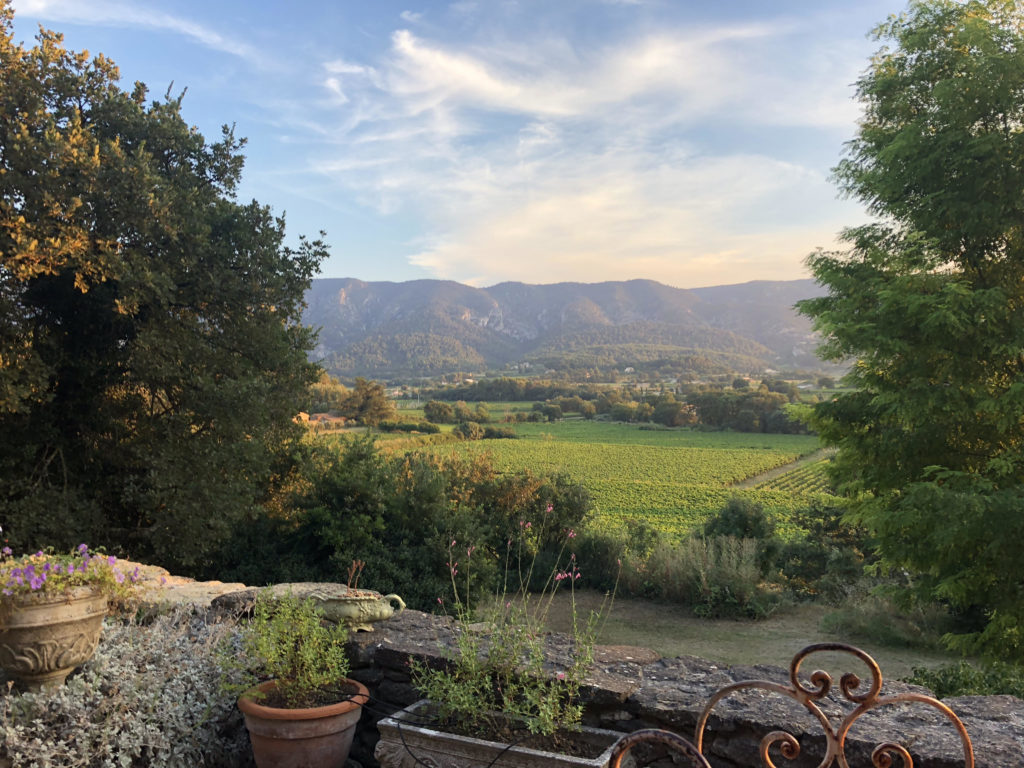
Something nags at me about how the conversation around social justice—in traditional and social media—has developed in recent years. The loudest and most insistent voices all seem to have subscribed to William Faulkner’s not completely mistaken insight (though Faulkner himself is problematic!) that “the past is not dead, it’s not even past.” History is everywhere and all around us, these voices remind us. The United States was founded on the triple sin of slavery, genocide, and land theft. The majority of the world was subjugated under European colonialism. The poor are sacrificed at the altar of rapacious capitalism. These things may all be true (in part at least, since reality is always stubbornly more complex), but the formulation that insists we are beholden to uncountable deeds and decisions already concluded so diminishes the present moment—the genuine possibility and beauty and pleasure that it holds—that every fiber of my body revolts against buying into it. Not fully, anyway.
The other day, sitting on the back porch of an old house in the late-afternoon Provençal heat, I revisited the essays of Albert Camus, as I often do when I find myself in proximity to the Mediterranean. This line from the dirt-poor scholarship boy from Algeria jerked me out of my languor: “Poverty kept me from thinking all was well under the sun and in history; the sun taught me that history was not everything.” We have become very adept at understanding and obsessing over the first part of that formulation. But the joyless, scolding tone of contemporary discourse seems to have lost sight—whether willfully or by accident—of that most fundamental truth in the second half.


